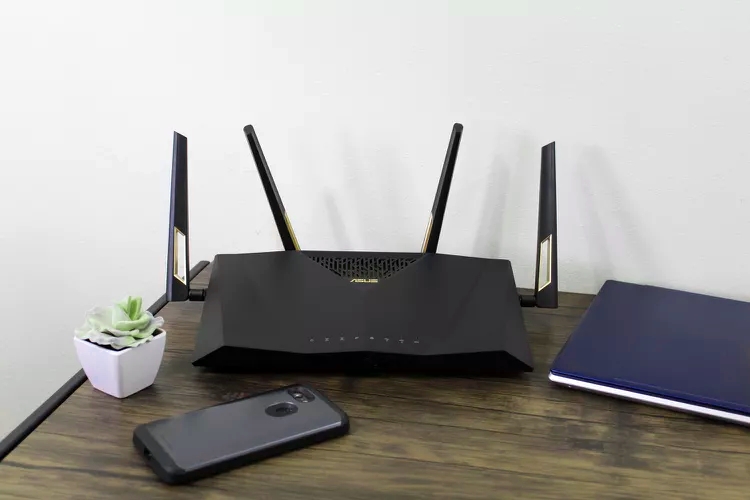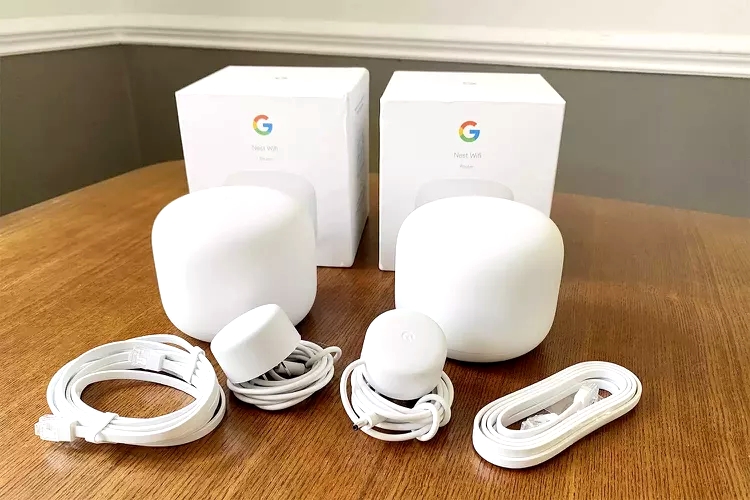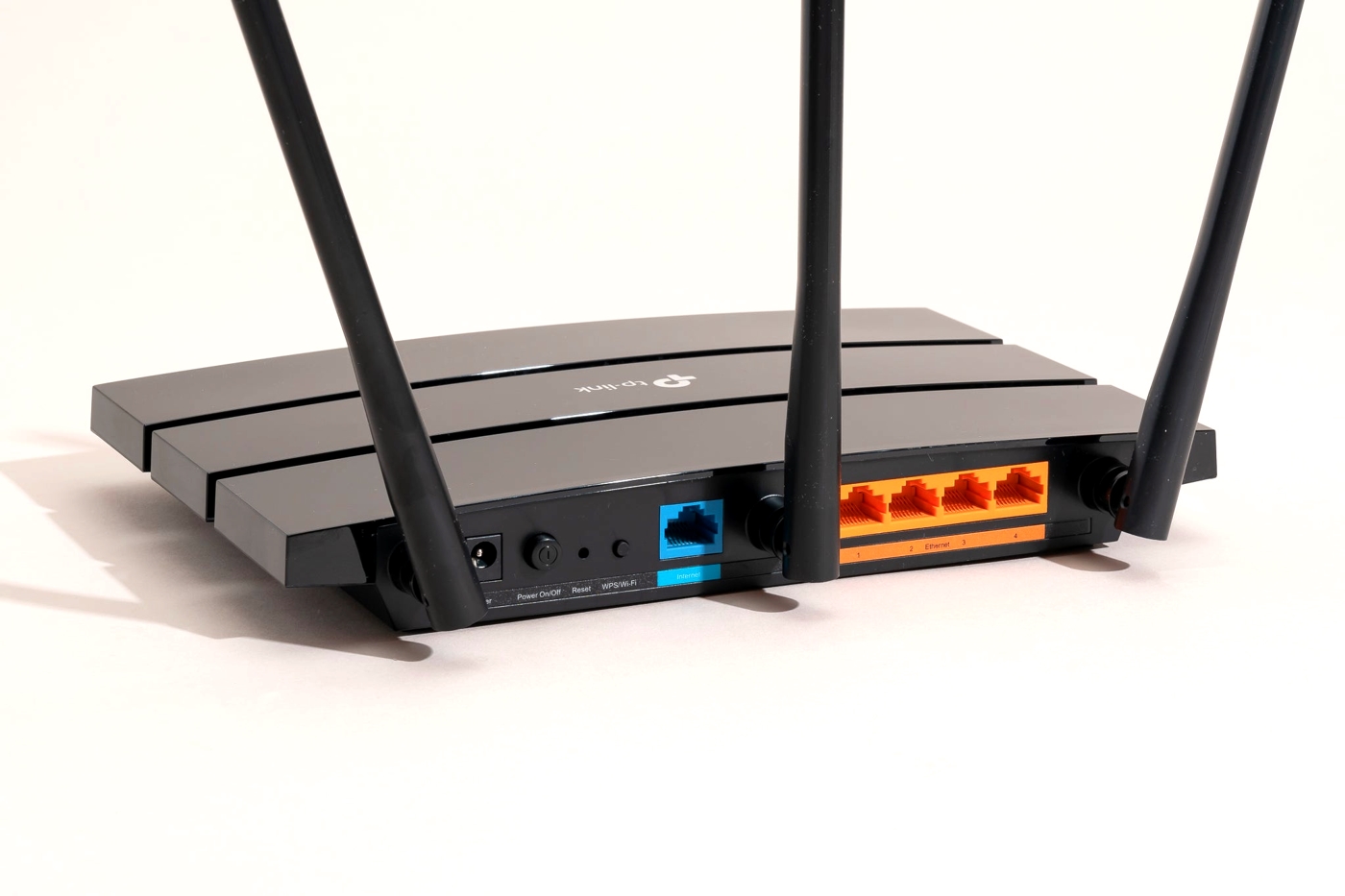Opting for a wireless router is ideal for establishing a home Wi-Fi network. The market offers an array of router models, each equipped with distincti
Opting for a wireless router is ideal for establishing a home Wi-Fi network. The market offers an array of router models, each equipped with distinctive features, rendering the selection process quite daunting.
Given our extensive experience utilizing wireless routers while working from home, we’ve compiled this guide to assist you in pinpointing the wireless router that harmonizes best with your budget.
Contents
Understanding a Wireless Router:
A Wi-Fi router is a pivotal networking device that broadcasts your modem’s internet signal, facilitating wireless internet connection for various devices. If your modem isn’t equipped with a built-in router, attaching a router becomes imperative to access the internet wirelessly.
Key Factors to Deliberate When Purchasing a Wireless Router:
Always bear in mind that your internet service provider (ISP) exerts limitations on the potential of your network equipment, encompassing routers and modems. Investing in an upscale router won’t yield full advantages if coupled with a basic internet plan.
While the market showcases numerous router models from diverse manufacturers, the ensuing factors take precedence:
- Price
- Speed
- Wi-Fi Range
- Usability
- Brand
Ensure the device aligns with the latest Wi-Fi generation (802.11ac) and boasts a speed rating of no less than 25 Mbps. Evaluate your needs—like streaming videos and online gaming—against the distinct hardware configurations proffered by each major model. If your router needs to extend across multiple rooms on various floors, contemplate a long-range router or a Wi-Fi range extender.
Determining a Reasonable Router Budget:
Navigating router options mandates meticulousness and perseverance. While Router A might come at double the price of Router B, their disparities could prove pivotal to specific users while negligible to others.
Price Range Anticipated Features $50-$99 Optimal for essential online activities, video streaming, and video chat, catering to a single user or a small family in a compact space. $100-$300 Suited for larger homes engaging in more data-intensive online undertakings, such as high-speed gaming and live streaming. $300-$400+ Perfect for expansive locations accommodating numerous users; high-end models usually integrate additional security features.
Several determinants influence the retail price of consumer broadband routers:
- Wi-Fi Generation: 802.11ac routers command a higher price than earlier 802.11n counterparts.
- Speed Rating: Holding other factors constant, routers with higher data rates bear heftier price tags than their lower data rate counterparts. For instance, a 600 Mbps 802.11n router would surpass the cost of a 300 Mbps 802.11n alternative.
- Industrial Design: Traditional home routers exhibited straightforward, boxy designs with antennas protruding. In pursuit of differentiation, vendors have embraced innovative shapes, rounded edges, and diverse colors and materials, subsequently impacting prices.
- Brand Identity: The market hosts various router brands. Familiar brands might warrant a higher cost due to their established reputation.
- Temporary Discounts: Like other consumer electronics, routers occasionally witness price reductions. Opting for a router during a significant sale can yield cost savings.
Optimal Router Speed Considerations:
Wireless systems measure speed in megabits per second (Mbps). Starting at 11 Mbps, the progression witnessed 54 Mbps for 802.11g routers, 150 Mbps to 600 Mbps for 802.11n models, and now above 1 Gbps for 802.11ac routers.
However, focusing solely on Mbps figures is insufficient, as real-world performance often trails the package’s maximum claims. A high-speed router won’t accelerate a sluggish internet connection. For instance, if your ISP provides 25 Mbps, a router exceeding 1 Gbps won’t enhance speeds; it will align with the 25 Mbps.
The slower entity between the server and ISP speed dictates network pace. If a router touts exceptional rates, yet your ISP delivers limited data, the router adjusts accordingly. The converse is also accurate. Select a router matching or exceeding your ISP’s speeds to extract optimal Wi-Fi network speed.

Determining Wi-Fi Range Extent:
The extent of your router’s coverage depends on whether it must span a few rooms on one floor or encompass a multi-story dwelling. This aspect governs the requisite router potency.
Certain standalone routers might or might not cover an entire residence based on household dimensions and router power. Contemplate a long-range router, a mesh network combining multiple routers, or a Wi-Fi repeater/range extender for extensive coverage needs.
Additional routers are advantageous for sizeable, multi-level homes and for extending Wi-Fi outdoors.
Read More: The Best Way to Make Your Mac a Wi-Fi Hotspot
Necessity of a Smart Router:
If you’re new to networking or technologically unfamiliar, opt for a router with a user-friendly interface tailored to novices. Discerning which router type suits you:
- Traditional Routers: Access settings via the router’s IP address, a method inconvenient for novices due to password recall and in-home access requirements for changes.
- Smart Routers: Managed via a smartphone app, these routers facilitate remote network management. Initial setup is swift, often requiring mere minutes.
Opt for the first category if budget constraints apply, as the convenience of the second raises its cost. Mesh Wi-Fi systems usually employ mobile apps, while standalone devices use IP addresses.

Selecting a Brand:
Historically, routers included external network adapters, sometimes incorporating proprietary extensions for marginal performance boosts with brand-matching. Vendors might conduct extensive compatibility tests with their devices.
Matching the brand of your Wi-Fi router to other consumer electronics could be beneficial. Otherwise, scrutinize available brands and opt for a dependable choice.
Who Requires a Wireless Router?
As routers constitute an essential network component, anyone seeking Wi-Fi necessitates a router:
- Home Wi-Fi Users: For web browsing, streaming, and online gaming, a router accommodates wireless devices.
- Offices: High-speed internet and Wi-Fi are imperative in work environments.
- Businesses: Managing operations often require Wi-Fi, potentially extended to client use.
- Public Spaces: Libraries, community centers, and public venues offer free guest Wi-Fi.
Post-Purchase Router Setup:
Upon obtaining your router, follow these steps for setup:
- Link Modem and Router: Connect an Ethernet cable between the router and modem.
- Connect to Wi-Fi: Attach your device to the Wi-Fi network using the provided password.
- Access Router: Log into the router’s administrative console to customize settings like Wi-Fi password, security, and website blocking.
Embrace the wealth of information to make an informed wireless router selection tailored to your requirements.

COMMENTS